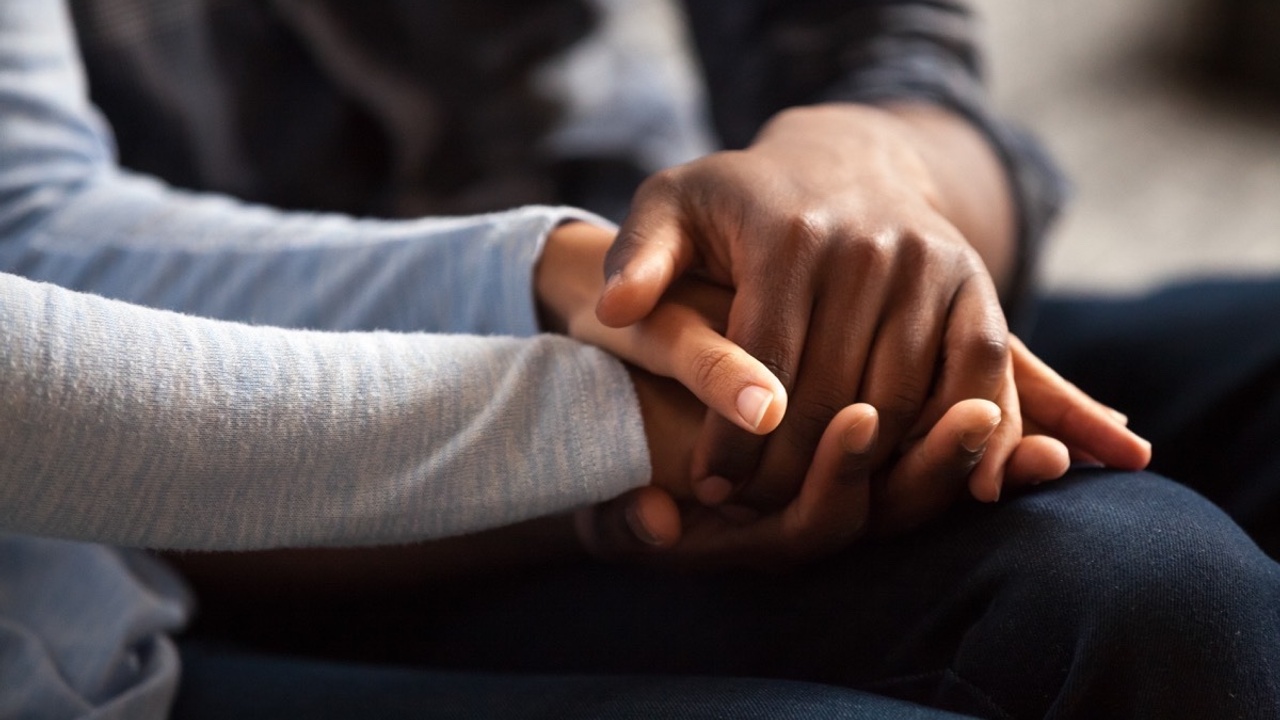
How To Apologize
Nov 17, 2021Part of being human is making mistakes. Sixteenth century poet Alexander Pope said it simply and elegantly, “To err is human”.
Yet half a millennium later, I’m not sure we got the memo. Our filtered and inflammatory world of social media hasn’t helped matters - it projects a distorted reality of perfectionism as well as a dangerous mindset of being emphatically right all the time. There seems to be a burgeoning implied message – don’t admit to mistakes, ever.
Some of the best leaders (and humans) of all time are humble, vulnerable, and wise. And yes, they are also confident and effective. They are open-minded. They listen to feedback and take time to reflect. And they learn, and then grow from their mistakes.
I have made many mistakes in my life. But through trial and error and practice, I’ve learned to become better at apologizing. I now have a good understanding of what makes up an effective apology, and equally important, what is not an apology.
Mistakes are painful to make, but they are often more harmful to the person(s) on the receiving end. Charles R. Swindoll is famous for a quote, “10% of life is what happens and 90% is how we respond”. This profound message can be applied to many facets of life, and this is especially true for apologies. While we are no longer in control of what has already happened, we are very much in control of our subsequent deliberation, our attitude, and how we respond to what has happened.
Let’s start by covering some statements that are absolutely not an apology.
If I’ve offended anyone…
- Ah, the classic conditional apology. To me, this very much exudes that you are not sold on the fact that you made a mistake – thus starting with “If”. It implies that you do not believe you’re in the wrong, but other people are making you say this. And it also implies that those affected by your mistake are too sensitive and should not have been offended to begin with.
I’m sorry that this has become a distraction
- This is another classic tactic of not owning up to the mistake and taking personal accountability for it. This also doesn’t address the people who were impacted. This statement simply implies that “whatever happened” became a public obsession and therefore a distraction to the team, organization, etc. It’s essentially placing the blame on the gossip rather than yourself.
I didn’t mean to hurt anyone (or this was not my intention).
- You may not have intended to hurt anyone, but it happened regardless. Your non-malicious intentions do not absolve you. People need you to acknowledge that you did hurt them. Saying that you did not mean to hurt someone is often a tactic (intentional or not) to try to lessen the action or excuse it.
This is not me.
- Part of personal accountability is that, while this may not be the entirety of you or the way you act all the time, it was in fact who you were at the time it happened. Own up to it.
Ok, let’s now focus on five components that make an effective apology.
Come to terms with the fact that you actually made a mistake.
- Pause and create space to empathize with those impacted.
- Be introspective, objective, and open-minded about your mistake instead of trying to defend your actions.
- If you do not take the time to understand your mistake, own it, and take accountability for it, the person(s) receiving the apology will pick this up in a second.
Articulate that you made a mistake.
- It’s one thing to internally understand that you made a mistake, and quite another to actually say that you made a mistake with sincere, well-chosen words.
Acknowledge that this mistake impacted others, and that you are genuinely sorry and regretful.
- As mentioned before, focusing solely on the mistake can separate the act from the people who were hurt. It’s really important to empathize with those affected and acknowledge that your actions were harmful, hurtful, and had consequences to others.
Express that you will take action to learn from this.
- Make sure that people know that you are taking this seriously, will learn from this, and will take action to become a better version of yourself.
Be genuine.
- None of this matters if you don’t mean it. They need to feel it from you – your eyes, body language, and the tone of your voice will all reveal your level of authenticity.
Everyone makes mistakes. They are more common than we often care to admit. What’s less common is how we appropriately respond by being aware, introspective, and empathetic - by making an authentic apology. See this process like a muscle you want to develop. And with consistent practice, this muscle will perform better over time. You will learn and become a better person from the experience, and people will respect you for it.
There have been many times in my life where I approached someone and said that I’d like to apologize and they interrupted and said “you don’t need to apologize”. My recommendation is to thank them for offering that, but express that you feel it’s important and to do it anyway – every time. Because it’s simply the right thing to do.
Apologizing isn’t easy. Some of the most important things we end up accomplishing are really hard and are often uncomfortable. And yet we choose to power through and ultimately learn more about ourselves along the way. Because there is no growth without discomfort.
About the Author
Peter Russell is Founder & CEO of Kindling - a video based, online mentorship platform that empowers young adults to thrive, personally and professionally.
